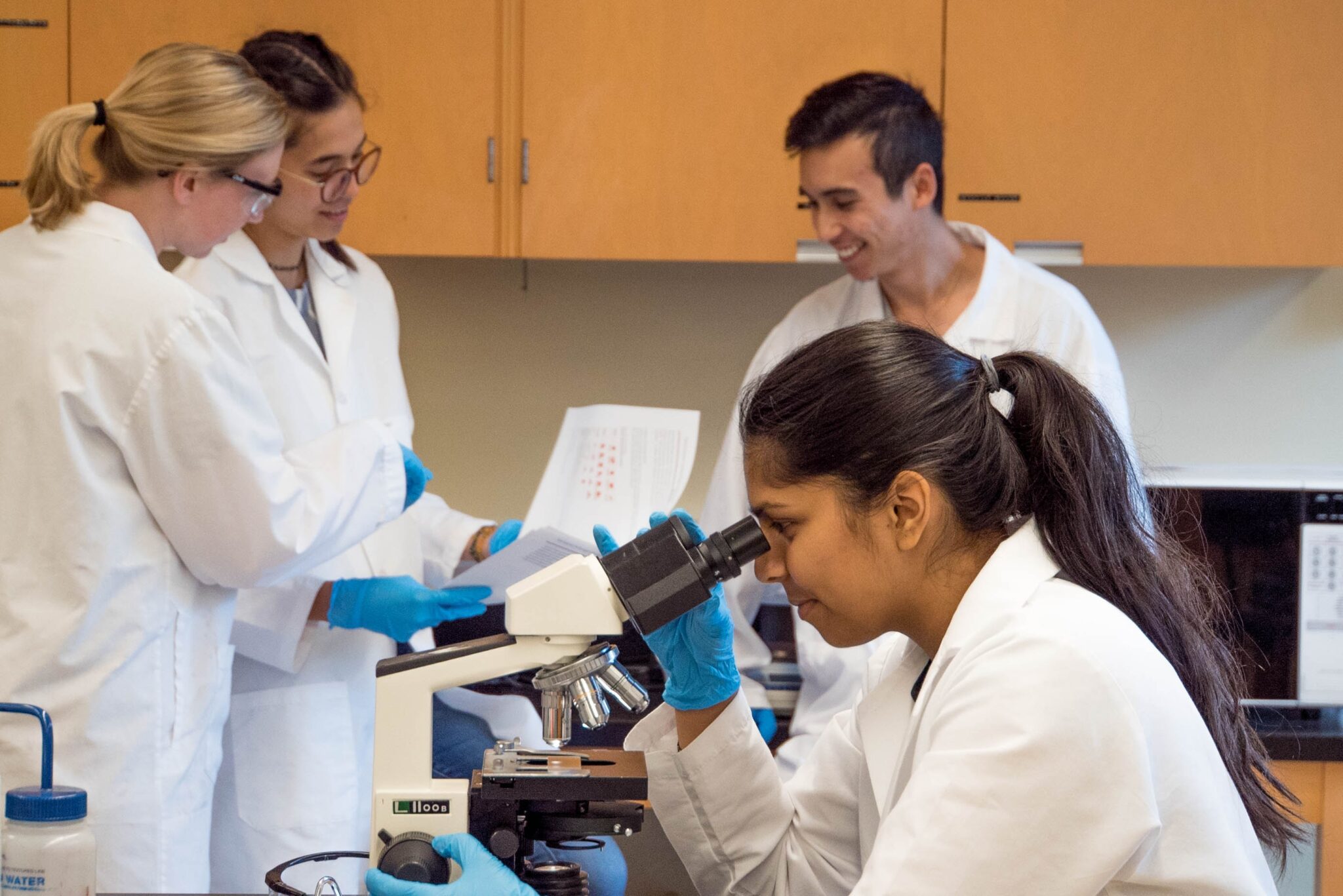Welcome to the world of science, where experiments and discoveries are paving the way for a better tomorrow. Scientists have been changing our lives since ancient times by conducting research and experiments that have revolutionized the way we live today. From discovering fire to inventing smartphones, science has always been at the forefront of progress. In this blog post, we will explore how scientists use their knowledge and expertise to conduct groundbreaking experiments that change the world one step at a time. Get ready to embark on an exciting journey through the fascinating world of scientific research!
The Scientific Method
The scientific method is the foundation of all scientific research. It is a systematic approach to investigating phenomena and acquiring new knowledge through observation, hypothesis testing, and experimentation. The first step in the scientific method is to observe a phenomenon or problem that needs explanation.
Scientists use their observations to develop hypotheses – explanations for why something happens. These hypotheses are then tested through carefully designed experiments. The results of these experiments can either support or refute the original hypothesis. If the results are consistent with the hypothesis, it may be accepted as valid; if not, further experimentation may be needed.
One important aspect of the scientific method is replication. This means that other scientists should be able to repeat an experiment and get similar results. Replication helps ensure that findings are reliable and not just due to chance or error.
The scientific method has enabled us to make incredible advancements in fields like medicine, technology, and environmental science by providing a way for researchers to systematically investigate complex problems and find solutions based on evidence rather than guesswork or conjecture.
The Importance of Research
Research is the backbone of scientific discovery. It allows scientists to explore new possibilities, test theories, and find answers to some of life’s biggest questions. The importance of research cannot be overstated – it has led us to countless breakthroughs that have changed the world as we know it.
Through research, scientists can gain a better understanding of complex processes and systems. Whether they are studying cells in a laboratory or observing animal behavior in the wild, researchers use data to draw conclusions about how things work. This knowledge can then be used to develop new technologies, improve medical treatments, and solve pressing environmental issues.
Furthermore, research helps us stay at the forefront of innovation. By constantly exploring new ideas and pushing boundaries through experimentation, we can continue to make progress in fields like medicine, technology and engineering.
Without research driving these advancements forward – whether basic or applied – our world would stagnate both scientifically and socially; leaving humanity without critical solutions for current challenges such as climate change. Therefore universities must support fundamental science: discovery-driven efforts that produce great leaps forward into uncharted territories which inspire creativity across disciplines leading towards transforming societies beyond imagination
How Scientists Conduct Experiments
Scientists conduct experiments to test their theories and hypotheses. They follow a specific methodology to ensure the accuracy of their results. First, they identify a question or problem that needs solving. Then, they formulate a hypothesis – an educated guess about how things work.
Once the hypothesis is established, scientists design and plan experiments to test it. They carefully select variables and control groups to eliminate any outside influence on the results. The experiment must be repeatable so that other researchers can verify its validity.
During the experiment, scientists collect data through observation and measurement. They analyze this data using statistical methods to determine if their hypothesis is supported or not.
After analyzing the data, scientists draw conclusions based on their findings. If the results support their hypothesis, they may publish their research in scientific journals for peer review by other experts in their field.
In summary, conducting experiments involves identifying questions or problems, formulating hypotheses, designing experiments with controlled variables and collecting data through observation and measurements before drawing conclusions based on analyzed data
Types of Scientific Experiments
When it comes to scientific experiments, there are several types that researchers can choose from depending on their research question and the variables involved. One type of experiment is called a controlled experiment, which involves manipulating one variable while keeping all other variables constant. This helps scientists determine whether or not the manipulated factor has an effect on the outcome.
Another type of experiment is known as a natural experiment, which occurs in real-world settings where variables cannot be easily controlled. In this case, researchers observe naturally occurring phenomena and look for patterns or correlations among various factors.
In addition to these types of experiments, there are also field experiments that take place outside of a laboratory setting. These can include studies conducted in nature reserves or even in urban environments.
Quasi-experiments involve comparing groups without randomization due to ethical reasons or practical considerations. For example, studying the effects of smoking on lung cancer risk would require unethical allocation to a smoking group.
Different types of scientific experiments have their strengths and limitations depending on what kind of research question they aim to answer. By using various methods appropriately and carefully interpreting results obtained through experimentation we continue making revolutionary advances across multiple fields using science as our tool for discovery!
Changing the World One Experiment at a Time
As we have explored, scientists are leading the way in revolutionizing our world through their experiments and research. Whether it’s discovering new cures for diseases or developing technologies to solve our environmental problems, scientific experimentation is key.
From the very beginning of the scientific method to the different types of experiments that exist today, science has come a long way. Scientists are constantly pushing boundaries and expanding our knowledge base with each experiment they conduct.
While some may view science as an isolated field only accessible to experts, it’s important to remember that everyone can contribute to scientific progress in their own unique way. By supporting research initiatives and staying curious about the world around us, we can all help change the world one step at a time.
So let us celebrate scientists worldwide who continue their quest for knowledge and progress every day by conducting revolutionary experiments with endless possibilities for changing our lives!







